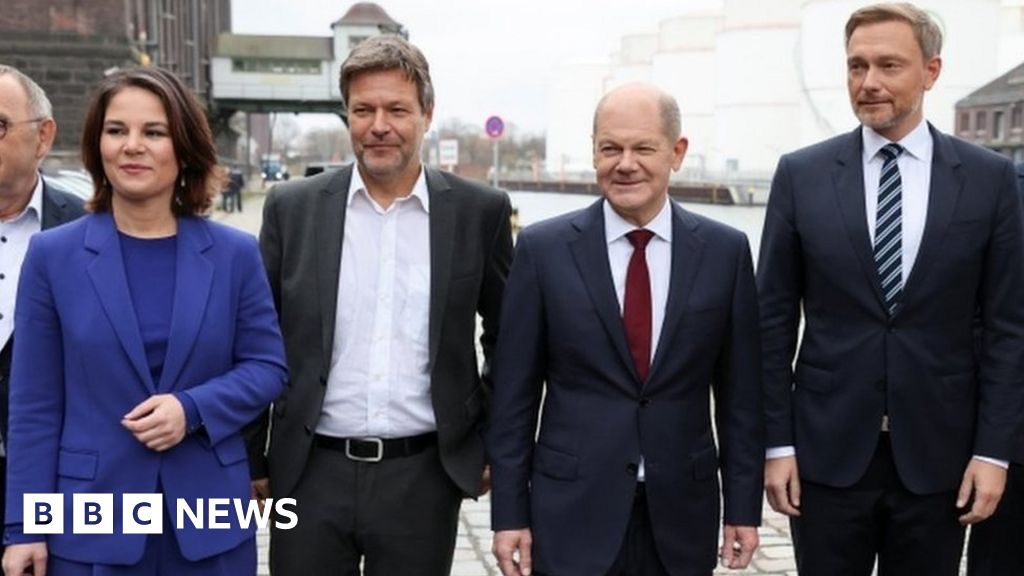1) I never claimed economics is a zero-sum game. ...both will of course benefit from free trading.
''I too don't think economically powerful countries competing with economically weak countries in an open market is a good idea.
As you mentioned: the economically poor countries will loose their skilled labour and will have difficulties selling their inferior products when the market is swarmed with high quality products from economically powerfull countries. But this is how the EU is set up and it benefits companies located in these economically powerful countries. Here you are correct I think.''
I don't understand how your mind works.
i) Periphery countries come out short in an open market
ii) Despite that, both periphery and central still benefit from free trade
iii) But the open market is not preferred because nurses are leaving Romania or because companies capture a lot of the wealth (this is every market economy ftr)
???
If one country is good at producing A and another is good at producing B, both will of course benefit from free trading. But if one country is good at producing A and B and the other is weak at producing A and B and doesn't have any other valuable resource or service that it can provide, it will suffer.
Romanias doctors and nurses are all leaving for western europe because pay is higher there. Do you think that is good for romania?
No I think investing in human capital and increasing wages among other by means of national policy is good.
2)Italy having a higher median wealth, younger pension age and lower taxes has something to do with the EU as the higher government spending for social programs and lower income from tax causes debt to accumulate which puts the euro at risk. To circumnavigate that, "richer" EU countries have to pay for that debt, so it doesn't get so large as to inflict damage on the value of the euro.
I'm not sure why this is confusing.
You have to assume one of the following positions.
i) The EU is only advantageous to central countries
ii) The EU is a burden on the central countries
iii) The EU is not beneficial to central nor periphery economies
They cannot be all true at the same time because it's convenient for you to switch whenever, and I can't address what you're saying until you've clearly made your choice.
3)How does debt work then?
You loan money and pay it back with interest.
4)How is the national government supposed to deal with "redistribution" (whatever you mean by that) if it cannot control import/export tax and migration? Imagine china competing with ethiopia in a free market with free movement of wares and people. Do you think ethiopia will profit from that?
You are conflating different things.
a) Redistribution is usually whatever you spend on in terms of public goods and social policies.
b) Your ability to impose duties on trade does not take away from your GDP. In fact, relaxing those duties usually has beneficial effects on your economy. It's telling how your mind works when you have to grasp for straws this hard if I'm honest
c) A Chinese-Ethiopian free movement of goods and labor would definitely be incredibly beneficial to both given certain conditions.
Since when does the EU only care about economical issues?
Well, it cares about liberal values too but I'm not going to explain those.











